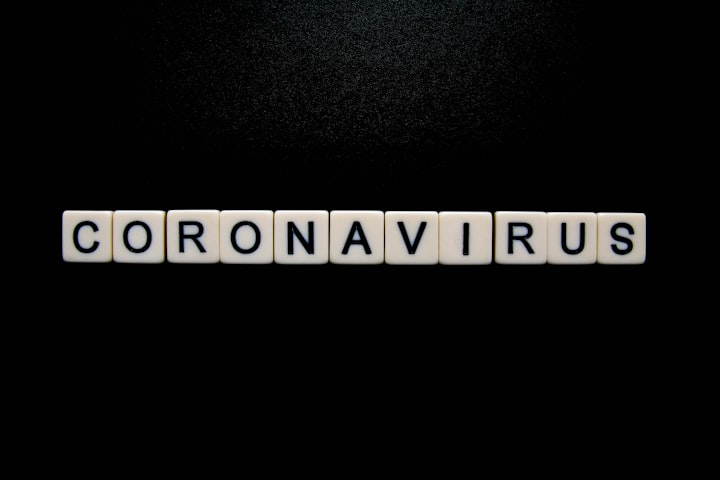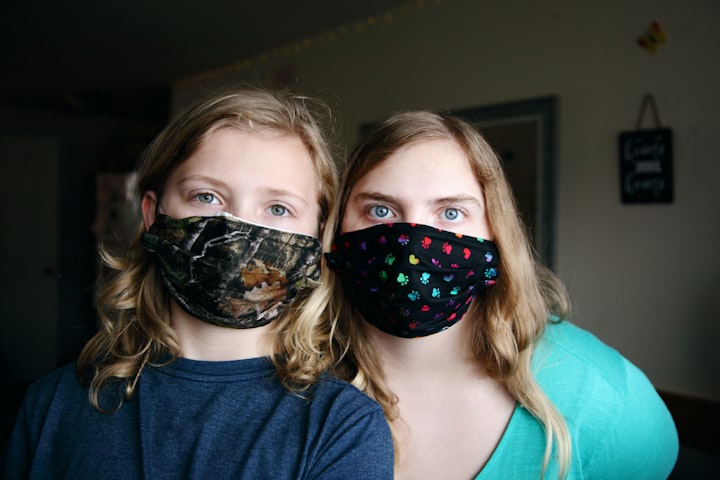You're Not Immune
People may have antibodies after COVID-19, but it doesn't mean you're immune from a second reinfection of the virus.

To be infected again with the infamous Coronavirus is scary to think. But it can occur. There have only been less than five reinfections of the COVID-19 virus. Three out of those five reinfections resulted in death. Most cases of reinfection often started out with hypoxia, a state of not having enough oxygen for the body to maintain it's proper function.
The medical journal called, The Lancet, looked at the possible case of reinfection from this virus. Since the virus attacks the immune system and causes sever inflammation in the body, it is possible that the antibodies from the COVID-19 virus may not be culpable in generating an immune response to attack the virus once it comes back.
Many people who recover from COVID-19 often suffer from scarring in the lungs due to fluid buildup from the first time around. After that the scars usually become permanent from the chronic inflammation that happens from contracting the virus. Oftentimes those who suffer from the chronic inflammation, neurological impairment, major organ destruction, and permanent scarring in the lungs suffer from a form of "long COVID." For some, the relief of using an oxygen tank can ease some of the burdens of trying to obtain air and diffuse breathing difficulties. But for those who suffer organ damage in their heart, kidneys, or brain. It will take longer recovery time along with the lung scarring to obtain a functioning form of health. If you have a history of autoimmune, neurological impairment, or diabetic kidney and heart problems, please ensure that your health and safety if your main concern.
In the case of reinfection, going off the theory that the virus will flare up and cause more destruction, it is possible that the virus, once all symptoms have been present and recorded, may lie dormant for a while. But while stress can often cause health problems, the stress of hospitalization or isolation for some patients could cause some damaging effects to the immune system. From what we know about the Coronavirus, it attaches itself to the immune proteins in the body via the ACE-2 receptor. Some medications that are being used in studies and clinical trials in hospitals to reduce inflammation and severe damage to organs are shown to have quite a useful effect in causing the virus to never stick back on to the ACE-2 receptor. This is partially due to the types of steroids and anti-inflammatory drugs that are also used in those who have autoimmune diseases.
But once the virus is in your body and the full symptoms have ceased, this is where the problem becomes a little tricky. After 5 weeks you may still test positive for the virus. But even if you are now negative, there is a chance that it is around the time that COVID-19 can copy DNA or RNA, a messenger type of DNA. While it copies whatever RNA or DNA we contain in our bodies, there is a slight chance when it flares up, the next time could be much more lethal.
Symptoms to look out for:
The most important symbol to recognize is if whether or not you have hypoxia. Hypoxia is a state of low oxygen levels in the body to maintain organ function. A sort of beginning to organ damage or failure. You will have shortness of breath and difficulty getting air. The other one is severe chronic pain, nausea, or diarrhea. Get yourself to a hospital or call for emergency services. Going without oxygen for a long period of time can cause brain damage, death, or even unconsciousness.
What to do after COVID and avoiding reinfection:
The best medicine is making sure you follow all sanitization requirements. Wash your hands, do your ABC's while washing your hands, and ensure that everywhere on your hands and fingernails are fully cleaned. It is highly important you do not touch your face or mouth.
Wear as mask whether or not you have COVID or suffered from COVID. The new strain going around sits inside the cavity of your respiratory system that is after your nasal cavity and before your pharynx, the nasopharyngeal cavity. A sneeze or a cough can transmit the new COVID virus 4 miles from the patient or carrier.
If you need to sneeze or cough, use the elbow of your arm or a piece of tissue that can absorb most of the germs. Immediately dispose in a trash and then use sanitizer or wash your hands.
Let's stay safe and make sure that we avoid getting COVID first or reinfection if you had COVID. We want to control the disease if we cannot eradicate the disease alone with sterilization procedures or vaccines. It is up to us to put our health first before others.
Source:
https://www.cnn.com/2020/10/13/europe/covid-19-dutch-woman-reinfection-death-intl/index.html
https://www.cnbc.com/2020/10/13/coronavirus-first-case-of-covid-19-reinfection-confirmed-in-the-us.html
https://time.com/5899294/reinfection-coronavirus/
https://www.forbes.com/sites/tommybeer/2020/10/13/first-covid-19-reinfection-death-recorded-in-netherlands/
https://www.dw.com/en/lancet-coronavirus-study-explores-risk-of-reinfection/a-55261352
About the Creator
Heather Wilkins
Born in South Carolina, raised in Florida. I enjoy writing for therapy or stress release. Enjoy my ramblings or any updates on cities where I live.






Comments
There are no comments for this story
Be the first to respond and start the conversation.